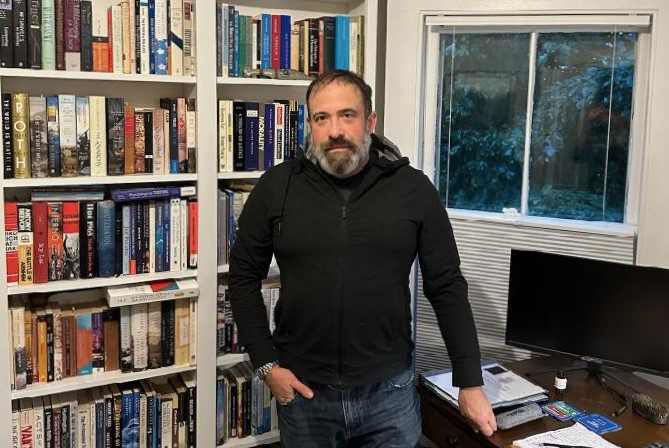Curated
Using Opioid Settlement Cash for Police Gear Like Squad Cars and Scanners Sparks Debate
Article on KFF Health News
The allocation of opioid settlement funds towards law enforcement technology, such as police scanners, in lieu of substance misuse prevention, harm reduction, or treatment initiatives, can be viewed as controversial for several compelling reasons: Does this divert from the intended purpose? Could the funds potentially be misallocated? Is there a beneficial long term impact? The list goes on and on, but this article published online by KKR Health News summarizes the issues.
Here are our key takeaways from the article:
Money shouldn't be spent on things that have proven not to make a difference.
It's impractical to cut police out of the equation when determining what would make the most impact on the fentanyl crisis.
The crackdown on offenders has proven to be ineffective so is it time to invest more in treatment and social services?
Should we spend more money on jail upgrades - making the argument that this funding is worth it.
What do clinicians and treatment providers really think about spending money on law enforcement?
The implications of giving money to sheriff's departments in Louisiana have consequences.

Excerpt
Using Opioid Settlement Cash for Police Gear Like Squad Cars and Scanners Sparks Debate
Many communities are finding it difficult to thread that needle. With fentanyl, a powerful synthetic opioid, flooding the streets and more than 100,000 Americans dying of overdoses each year, some people argue that efforts to crack down on drug trafficking warrant law enforcement spending. Others say their war on drugs failed and it's time to emphasize treatment and social services. Then there are local officials who recognize the limits of what police and jails can do to stop addiction but see them as the only services in town.
What's clear is that each decision - whether to fund a treatment facility or buy a squad car - is a trade-off. The settlements will deliver billions of dollars, but that windfall is dwarfed by the toll of the epidemic. So increasing funding for one approach means shortchanging another.
To learn more about how InterAct LifeLine is revolutionizing virtual care, visit our website or reach out to our team. We believe in a future where healthcare is accessible, personalized, and technologically advanced, and we invite you to be part of it.
Get Started with InterAct LifeLine
InterAct connects individuals to treatment, support
communities & families to improve recovery.
